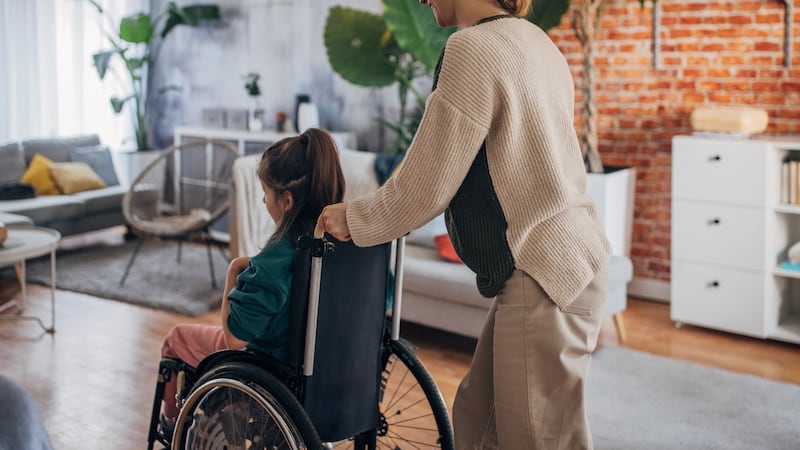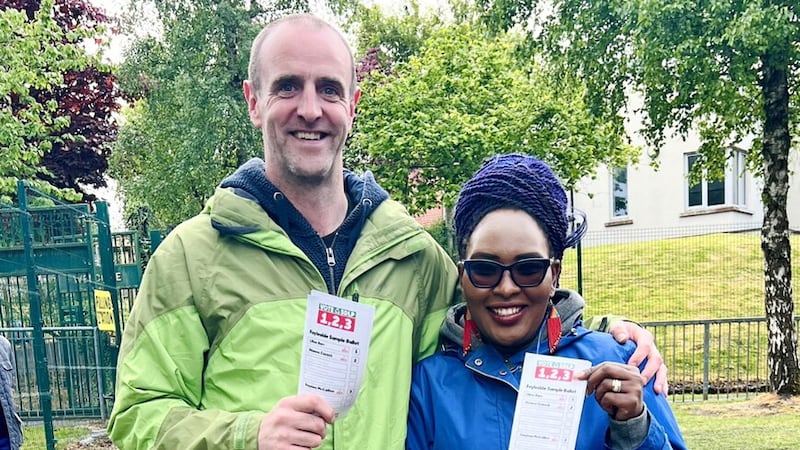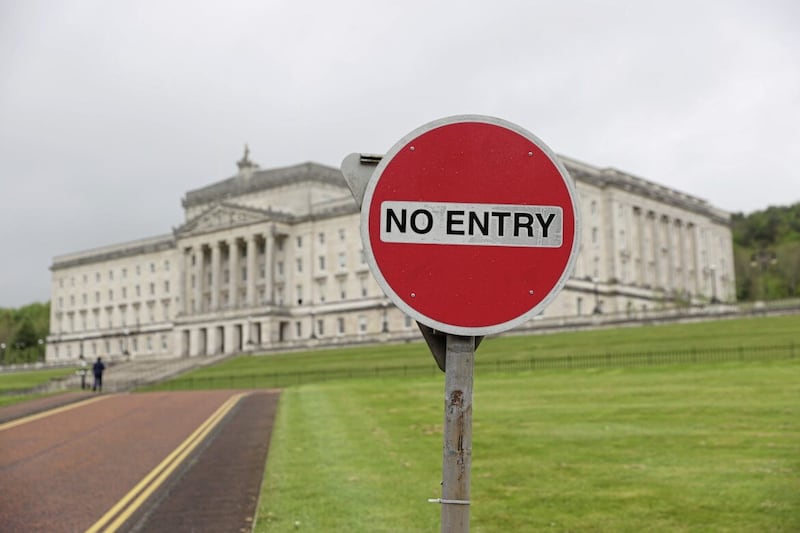THE results of the 2022 Assembly elections in Northern Ireland were a positive step forward for women in the region.
More women than ever ran for election, resulting in a record-breaking number of women winning a seat up on the hill.
Unfortunately for the women of Northern Ireland, this advancement has been short-lived. We are now six months on from the election and these newly-elected women have been unable, or in some cases unwilling, to get to work.
Of course, this is no novel occurrence when it comes to the politics of Northern Ireland. The political institutions have a habit of periodically collapsing and in each one of these instances women tend to be the biggest losers.
In 2017 the Northern Ireland Assembly was once again out of action. During the three years it took for power-sharing to be restored, the legal protection for women from domestic abuse and coercive control fell far behind the rest of the UK and Ireland.
During this time record-breaking numbers of women suffered domestic abuse, with no legislation in place to protect them or offer them a route to justice for the abuse they had suffered.
Thanks to the current cost-of-living crisis that has been crushing families across the UK and Ireland, the gendered impacts of the most recent standstill at Stormont are even worse.
It is well known and documented that periods of recession disproportionately affect women for many reasons: women tend to work in lower-paying, less valued jobs, they are more likely to be living in poverty, and women overall have fewer savings than men.
In addition to this, women remain the primary caregivers in Northern Ireland, resulting in 30.7 per cent of women of working age in Northern Ireland being described as economically inactive.
This means that women tend to suffer much worse in times of recession and risk falling into debt to cover the cost of living.
A rise in the cost of living also creates a huge emotional toll on women who are considered the shock absorbers of poverty in the home, forced to make emotionally taxing decisions such as whether to heat their homes or buy food to feed their families.
Women are likely to be the person in the home who chooses to go without food so that their children are not hungry.
While leaders at Stormont continue to stall the return of power-sharing, the ability of the assembly to make policy decisions that would mitigate the effects of this cost-of-living crisis is non-existent. Women continue to struggle as we fall deeper into the longest recession the UK has ever seen.
Protecting women from violence in Northern Ireland is once again being stalled.
After years of pressure the Executive Office has finally made a start on creating a Violence Against Women and Girls Strategy for Northern Ireland, which is the only region in the UK without such a strategy.
This important and potentially life-saving strategy will inevitably be stalled as important decisions including budgetary decisions cannot be made without a minister in place.
As Northern Ireland remains the most dangerous place in western Europe to be a woman, this strategy is vital to the safety of women and girls.
Following the decision by the Secretary of State to not hold an election before Christmas, pressure for party leaders to demonstrate leadership and the ability to compromise is mounting.
While everyone in the north is of course affected by the cost of living crisis, and the many negative effects of an absentee government, between the stalling of protection from violence and no help from Stormont to ensure they can afford to cover bills and feed their children, it is clear that the biggest losers from the latest collapse are women.
- Aoife Clements is founder of 50:50 NI, which encourages women to become involved in politics, and a PhD researcher at Queen's University Belfast









